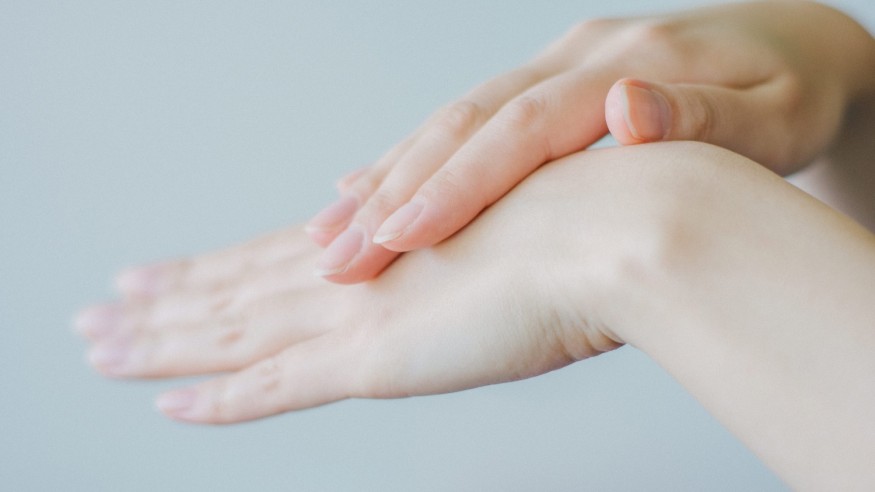The National Health Service (NHS) has recently approved new treatments for eczema that can clear people's skin in one week. It comes in the form of a tablet and has been recommended by the National Institute for Health and Care Excellence (NICE) to help patients who are unresponsive to standard care.
The three new medications are abrocitinib, upadacitinib and tralokinumab. According to NHS the medications will be available to patients over the age of 12 who have moderate to severe types of eczema or that 10% of their body suffers from the skin condition, Independent reported.

New Eczema Tablet Has Almost Immediate Impact on Symptoms
Experts claim that the new treatments in tablet form can fight severe forms of eczema and almost immediate effects on symptoms. Barts Health NHS Trust consultant dermatologist Dr. Padma Mohandas has described the three new medications as "life-changing" treatments that can help patients get better.
She told the Daily Mail that eczema is a common skin problem, with some having challenges in getting it treated. Worst cases even have the debilitating form that leaves patients embarrassed, makes them socially isolated, and even suicidal in extreme circumstances.
Eczema or also known as atopic dermatitis, is usually hereditary and does not have a cure. Some could have patches of dry skin, while others experience it in their whole body. The first recommended medications are moisturizers and creams, but they are mostly ineffective in severe cases, so more potent medications are needed that inhibit inflammatory cells in the body.
Although they are effective, they could also target the immune system causing the body to be more vulnerable to infections. It could damage the kidneys, raise blood pressure, and reduce liver function.
According to MailOnline, abrocitinib and upadacitinib are known Janus kinase (JAK) inhibitors that block the JAK enzymes that help activate the immune response. Meanwhile, tralokinumab is a monoclonal antibody drug that blocks the activities of interleukin-4 and interleukin-13 proteins, which trigger inflammation.
ALSO READ : Missing Link in Skin Bacteria That Causes Eczema Finally Identified in a Breakthrough Study
Symptoms of Atopic Dermatitis
According to NHS, atopic dermatitis is the most common form of eczema, a skin condition that causes itchiness, dryness, and cracks on the skin. It is more common in children and develops before they turn one, but could also be present for the first time in adults. Eczema is usually a long-term or chronic condition, although it can improve significantly in some children when they get older.
The skin condition is characterized by inflamed skin that can become red on lighter skin and darker brown, purple or gray on darker skin. It can affect any part of the body, appearing as patches of red and dry skin or causing inflammation to the whole body. It usually affects children's hands, inner elbows, knees, face, and scalp.
Symptoms may sometimes wax and wane. There will be periods when they are noticeable and when the condition is more severe, also known as flare-ups.
Read also: Eczema Treatment: Scientists Identified Three Plant Derivatives to Soothe Dry, Cracked, Sore Skin
Check out more news and information on Eczema in Science Times.












